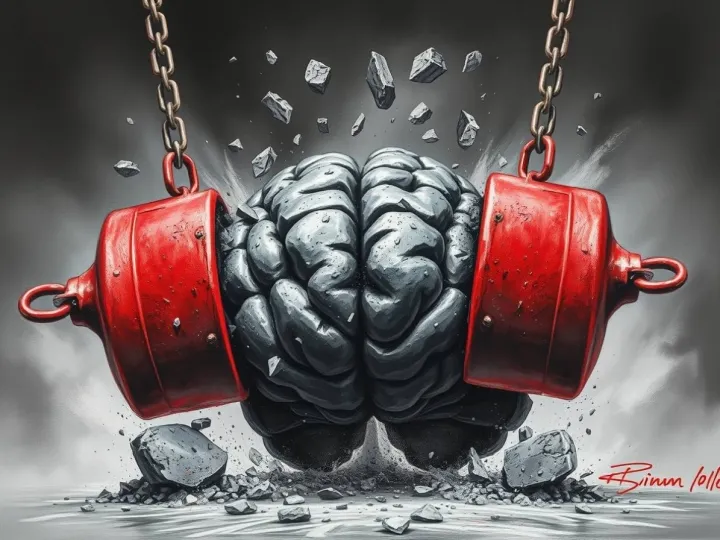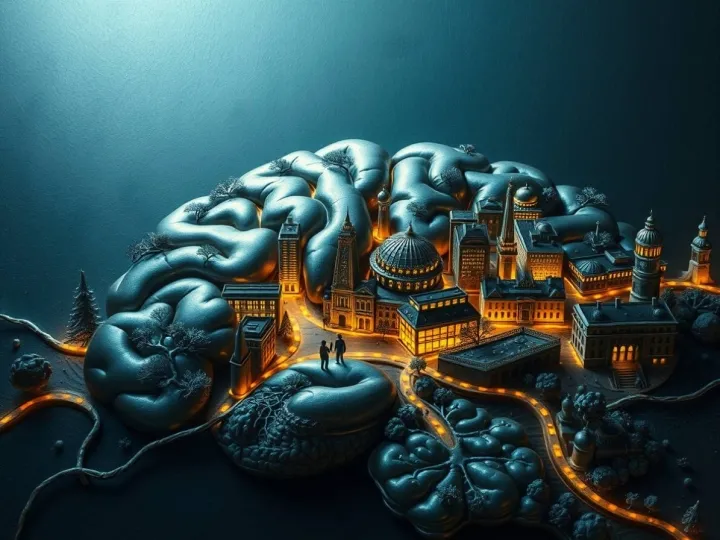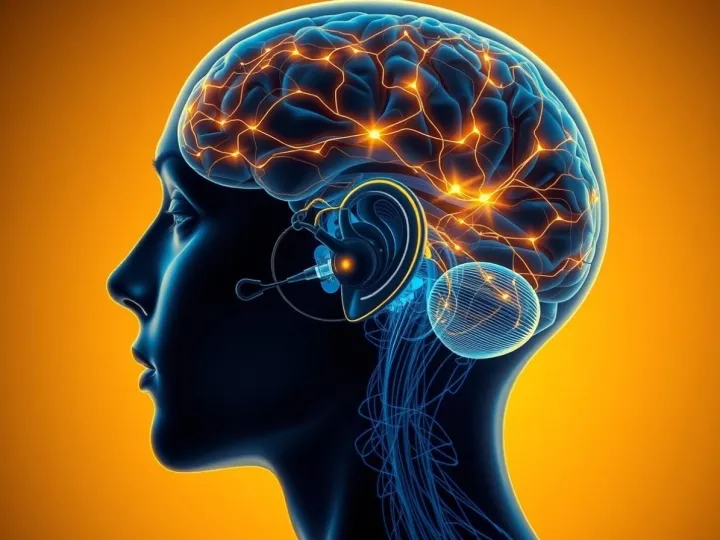In the aftermath of natural disasters, attention often turns to rebuilding roads, homes, and schools. But the invisible damage - the kind carried in memory and mood - may outlast the rubble. A new study published in the American Journal of Epidemiology suggests that for older survivors of the 2011 Great East Japan Earthquake and Tsunami, losing a home was not only a material tragedy but also a long-term risk factor for cognitive decline.
Linking home loss to the brain
Researchers followed more than 3,000 survivors over several years, examining whether those who lost their homes were more likely to develop cognitive disabilities later in life. Among the participants, 140 reported home loss and nearly 500 developed some level of cognitive impairment. The analysis revealed a clear pattern: disaster-related home loss was associated with increased risk of cognitive disability.
But the study went further, asking why. Using causal mediation analysis, the team discovered that nearly half of the effect could be explained by post-disaster depressive symptoms. In other words, it wasn't only the physical loss that mattered, but the emotional aftermath of grief, sadness, and hopelessness. Surprisingly, post-traumatic stress symptoms - often assumed to be the main psychological culprit after disasters - did not significantly mediate the link.
A smaller but important pathway involved social cohesion. Survivors who lost their homes often lost community ties at the same time, whether through relocation or the fragmentation of neighborhoods. This erosion of social fabric accounted for about 19 percent of the overall effect, highlighting how belonging and connection are as critical to cognitive health as medical care.
Depression as the hidden accelerant
The findings add weight to a growing body of research showing that depression is not only a disorder of mood but also a risk factor for dementia and cognitive decline. Chronic depressive symptoms can alter stress hormone regulation, impair neuroplasticity, and worsen cardiovascular health - all of which affect the brain. In the context of disaster recovery, untreated depression becomes more than a personal burden; it becomes a public health concern with long-term neurological consequences.
Why social ties matter
Equally striking is the role of social cohesion. Disaster response often focuses on housing and infrastructure, but this study suggests that keeping communities intact may protect cognitive resilience. Group relocation programs, for instance, may help preserve neighborhood bonds, while community centers and outreach initiatives can foster participation and reduce isolation. In a society where aging populations are already vulnerable to dementia, strengthening these social threads could make a measurable difference.
Beyond Japan
The implications extend far beyond the 2011 tsunami. After Hurricane Katrina, researchers documented high rates of PTSD and depression among displaced residents of New Orleans. Similar mental health burdens have been observed after wildfires in California, earthquakes in Turkey, and floods in Pakistan. The new evidence adds a sharper focus: it's not only trauma that shapes survivors' futures, but the lingering depression and loss of community that can quietly undermine cognitive health.
Building back minds as well as homes
The study's message is both sobering and hopeful. Sobering, because the long shadow of disaster reaches into the brain, years after homes have been rebuilt. Hopeful, because interventions exist. Early screening for depression, accessible mental health care, and intentional preservation of social networks could blunt the hidden toll of disaster-related home loss.
As climate change makes extreme weather more frequent, the findings carry urgency. Rebuilding after disaster should no longer mean just replacing walls and roofs. It must also mean rebuilding resilience of minds and communities - because without them, even the strongest houses cannot make a place whole.






